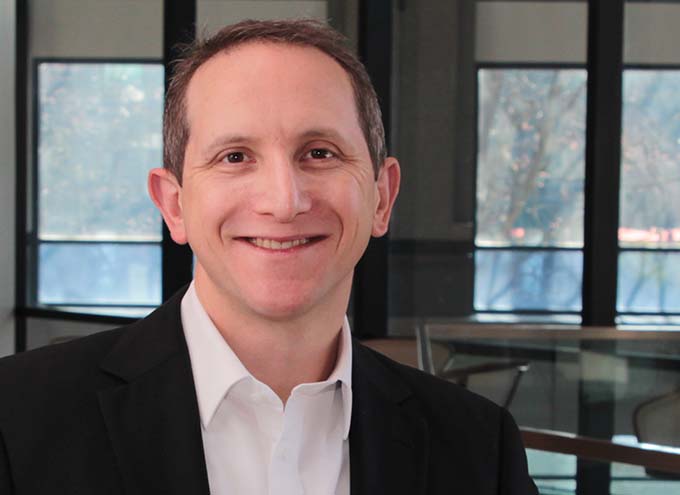The Growth of Impact Investing: From Pension Funds to Endowments Divesting Fossil Fuel Assets
July 13, 2022
At a glance
- Main takeaway: Pension funds and endowments are actively seeking opportunities that align with their goals to make positive environmental and social change through impact investing.
- Invest with confidence: Limited partners have shifted their focus towards impact investing despite a lack of standardization to accurately measure the true benefits.
- Next steps: Developing a thoughtful approach to impact investing can be tricky, Aprio’s ESG team can help you achieve positive long-term outcomes.
Are you ready to build your social balance sheet? Contact our team for a free consultation.
The full story:
The last two years, driving environmental, social and governance (ESG) initiatives has been a key goal for investors. Due to increased social unrest and the unavoidable effects of climate change, interest in impact investing has gained sufficient momentum.
Once considered as mainly philanthropic endeavors, impact investing has become a popular strategy that offers investors and companies diverse opportunities to create positive environmental and social outcomes. As time goes on, more private capital is being allocated to impact investing as limited partners become lasered focused on aligning their goals to deliver on tangible social good that ultimately generates profitable returns.
Pension funds seek out impactful change
It’s hard to deny the innate benefits that social good can have on a business or corporation. In fact, pension trustees and participants are becoming increasingly aware of these benefits and have begun insisting on enhancing and diversifying their assets with impact investments. One of the many advantages of impact investing is the long-term progress to produce positive outcomes that are inherently tied to environmental, social and governance issues. Two key areas that offer vast opportunities are diversity, equity and inclusion (DEI) and climate change.
Like with any investment, there is an element of risk. However, pension funds that establish clear objectives and align with trusted partners can potentially achieve impactful sustainable change while maintaining their fiduciary duty to protect the plan’s funds.
Fossil fuels have an endowment dilemma
Students and activists at prestigious universities across the country have put pressure on endowments to divest fossil fuel assets and embrace environmental and social initiatives. Harvard University is the latest to join the ranks of several higher education institutions to divest their holdings from fossil fuels. Despite Harvard’s long investment history within the fossil fuel industry, the university announced fossil fuel investments no longer support their goals and commitment to achieve net-zero greenhouse gas emissions by 2050 across their entire investment portfolio.
According to research by the Global Fossil Fuel Divestment Commitments Database, divestment has approximately doubled to $40 trillion in assets under management (AUM) across global institutions pledging to divest from fossil fuel investments. Universities aren’t the only endowments dropping the fossil fuel industry. The Rockefeller Brothers Fund and the Ford Foundation (a separate entity with different objectives from the Ford Motor Company), have pledged to divest in fossil fuels and seek investments directly supporting climate change and renewable energy.
Big oil companies can’t shake the mounting scrutiny from investors to decarbonize operations and focus on renewable energy. For instance, Third Point, a hedge fund that owns a stake of roughly $750 million in Royal Dutch Shell, is pushing for the world’s largest fossil fuel producer to consider splitting into multiple companies in effort to increase performance and market value.
The bottom line
As a strategy to establish a resilient post-pandemic world through environmental and social change, impact investing continues to be an increasingly employed method to actively combat climate change and social inequality. Aprio’s ESG team can help you develop and measure a thoughtful approach to impact investing to drive long-term goals. Stay tuned for the second part of our series from ESG organization to action where we will discuss how limited partners are allocating capital to managers who are dedicated to using ESG as a force for change.
Are you ready to build your social balance sheet? Contact our team for a free consultation.
Related resources
Recent Articles
About the Author
Simeon Wallis
Simeon Wallis, CFA, is a Partner, the Chief Investment Officer of Aprio Wealth Management, and the Director of Aprio Family Office. Each month, Simeon brings you insights from the financial markets in Aprio’s Pulse on the Economy. To discuss these ideas and how they may affect your current investment strategy, schedule a consultation.
Stay informed with Aprio.
Get industry news and leading insights delivered straight to your inbox.

